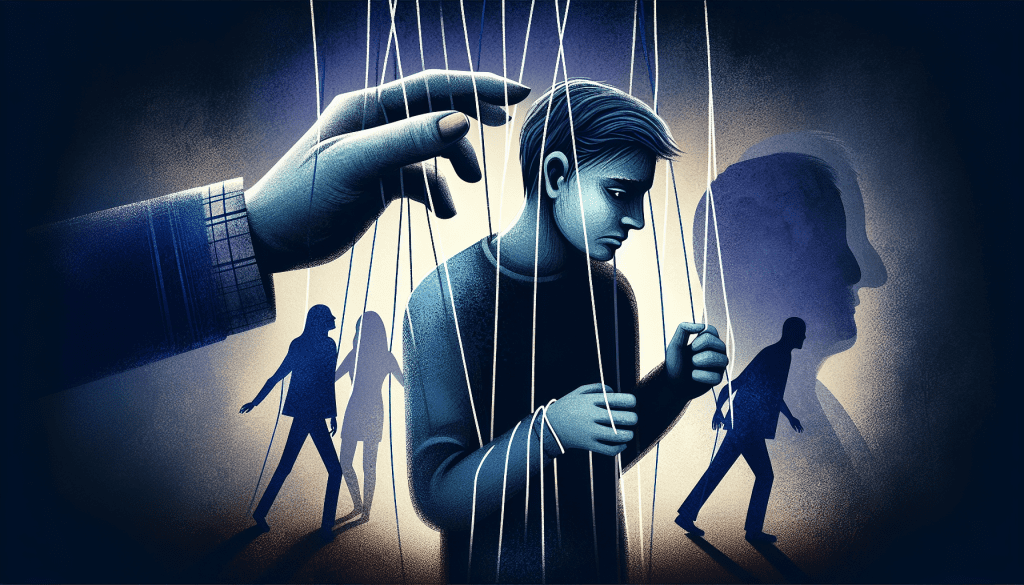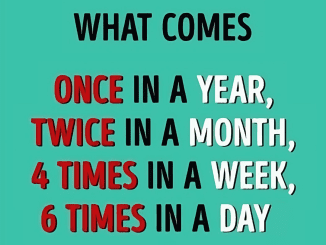If you’ve ever felt like you’re drowning in self-doubt, emotional confusion, or an overwhelming fear of speaking up in a relationship, you might not just be overreacting — you could be experiencing narcissistic victim syndrome. It’s a term that may not be found in official diagnostic manuals, but for those who’ve lived through it, the emotional damage is all too real.
Let’s dive deep into what narcissistic victim syndrome really is, how to spot the red flags, and why understanding these signs is the first step to reclaiming your power.
What Is Narcissistic Victim Syndrome?

Narcissistic victim syndrome refers to the emotional and psychological damage that comes from being in a relationship with someone who exhibits narcissistic traits or behaviors. This doesn’t only apply to romantic partners — it can also show up in families, friendships, or work environments.
Victims often feel anxious, confused, emotionally drained, and disconnected from themselves. Constant manipulation, emotional invalidation, and toxic control tactics — like gaslighting or love bombing — can erode a person’s sense of identity and reality. The result? Long-term psychological wounds that don’t just fade away.
How to Recognize the Signs of Narcissistic Abuse
Not all abuse leaves visible scars. In fact, narcissistic abuse is often so subtle and strategic that victims don’t realize what’s happening until they’re deeply entrenched in the cycle. Below are twelve critical warning signs that could point to narcissistic victim syndrome.
Idealization Followed by Devaluation
At first, narcissists pour on love and praise — the “love bombing” stage. You’re their perfect person, their world. But once you’re hooked, the mask slips. Suddenly, you’re facing criticism, indifference, and emotional withdrawal. One minute you’re adored, the next you’re dismissed. This rollercoaster of emotions keeps you chasing the high of the early days.
Video : Narcissistic Victim Syndrome
Gaslighting
“Did that really happen?” “Am I just being dramatic?” If these questions have become a regular part of your inner dialogue, gaslighting might be at play. Narcissists twist facts, deny past events, and make you doubt your memory — until you start to doubt your sanity. Over time, you lose trust in your own perception of reality.
Isolation from Support Systems
Narcissists often try to cut you off from friends, family, or anyone who could offer an outside perspective. They may say things like “they’re bad for you” or “they don’t understand us.” As your world shrinks, you become more dependent on them — and more vulnerable to manipulation.
Smear Campaigns
If you try to speak out or set boundaries, narcissists often retaliate with a smear campaign. They’ll twist the truth, make you out to be the villain, and spread lies to mutual friends or coworkers. This not only damages your reputation but also reinforces your isolation.
Chronic Self-Doubt
When someone constantly belittles your opinions, mocks your decisions, or makes you feel like nothing you do is ever good enough, you start believing it. Narcissists condition you to think you’re incapable, making you second-guess yourself at every turn.

Physical Symptoms of Emotional Stress
Abuse doesn’t just impact the mind — it takes a toll on the body too. Victims often report fatigue, headaches, insomnia, stomach issues, and a weakened immune system. That constant stress can wear down even the strongest person.
Emotional Instability and Mood Swings
You might feel like you’re on an emotional seesaw — laughing one moment, crying the next, and constantly anxious about when the next outburst will happen. That’s not you being sensitive; it’s the result of living in a state of emotional unpredictability.
Loss of Identity
Victims of narcissistic abuse often forget who they are. They stop doing what they love, they dress differently, they talk differently — all to avoid conflict or please the abuser. Over time, your sense of self erodes until you’re a stranger to yourself.
Inability to Set Boundaries
Narcissists don’t respect boundaries — and they punish you for trying to set them. The longer the abuse continues, the harder it becomes to say “no” or ask for what you need. You begin to fear conflict or rejection, even in future relationships.
Constant Anxiety and Depression
Living in fight-or-flight mode eventually wears you down. Victims often experience chronic anxiety, panic attacks, and deep depression. The joy disappears. The motivation vanishes. And even the smallest tasks feel overwhelming.
The Freezing Response
Sometimes, the brain’s response to trauma isn’t to fight or flee — it’s to freeze. Victims may feel paralyzed, emotionally numb, or incapable of making decisions. They stay in toxic relationships because they don’t know how to leave or don’t believe they deserve better.
Patterns of Manipulation and Control
Narcissists often use manipulative tactics like triangulation (bringing in a third party to create jealousy or insecurity), the silent treatment, or guilt-tripping. These behaviors keep you in a state of emotional confusion and dependency. It’s all about control — not connection.

Understanding the Narcissist’s Playbook
Narcissists aren’t just difficult people. They often follow specific behavioral patterns designed to keep you in line. They may:
- Use gaslighting to make you doubt reality
- Hoover you back in with fake apologies or affection
- Play the victim to flip the script
- Scapegoat you for everything that goes wrong
- Withdraw love and affection as punishment
It’s a calculated cycle — and it’s meant to break you down.
The Long-Term Effects of Narcissistic Abuse
Even after you leave the relationship, the psychological damage lingers. Trust issues. Low self-esteem. A fear of being “too much” or “not enough.” Many victims struggle to form healthy relationships or believe they’re worthy of love. The emotional scars run deep, often requiring professional support to heal.
How to Begin the Healing Process
Healing doesn’t happen overnight. But it is possible.
Start by acknowledging the abuse. You’re not crazy. You’re not weak. You were manipulated.
Then, consider these steps:
- Go no contact if possible
- Seek therapy — especially trauma-informed or CBT
- Rebuild your support system
- Practice self-compassion and self-care
- Educate yourself about narcissistic abuse to validate your experience
Video : The Silent Manipulators: 6 Warning Signs of Covert Narcissists
Recovery is messy, nonlinear, and emotional — but every step forward counts.
Conclusion
Narcissistic victim syndrome is real, and it leaves deep emotional wounds. But recognizing the signs is a powerful first step toward breaking free. Whether you’re currently in an abusive situation or recovering from one, know this: you are not alone, and you are not powerless.
With time, support, and the right tools, you can unlearn the lies you were told and rediscover the strong, worthy, and beautiful person underneath the pain. Healing is hard — but staying stuck in silence is harder.
You deserve better. You always have.


